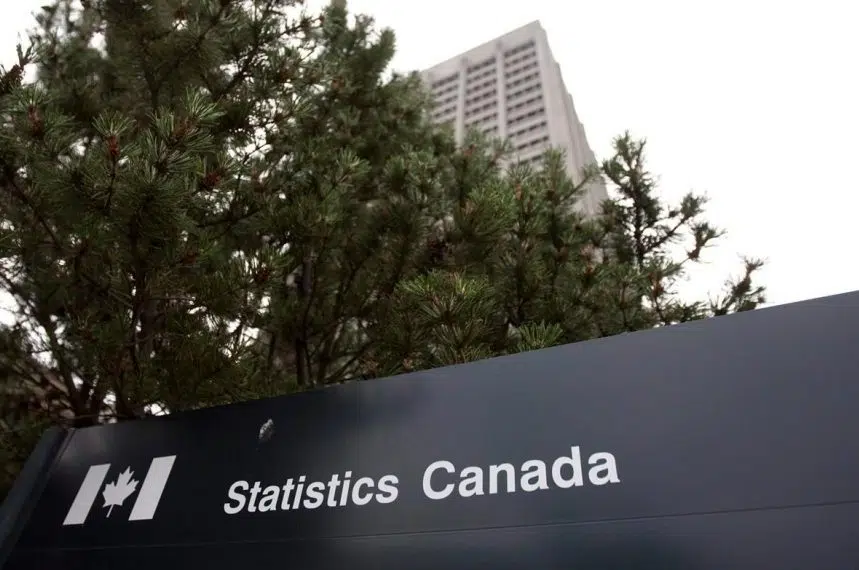OTTAWA — Higher gasoline prices helped push the country’s annual inflation rate in July to its highest reading since September 2011, Statistics Canada said Friday.
The federal agency said the consumer price index for July was up 3.0 per cent on a year-over-year basis, up from a 2.5 per cent increase in June.
Economists had expected a year-over-year inflation rate of 2.5 per cent, according to Thomson Reuters Eikon.
The result put inflation at the upper end of the Bank of Canada’s target range of one to three per cent.
Earlier this summer, the Bank of Canada predicted inflation to move as high as 2.5 per cent — due to temporary factors like higher gas prices — before it settles back down to two per cent late next year.
The Bank of Canada can use interest rate hikes as a tool to help prevent inflation from climbing too high. The central bank raised its trend-setting interest rate to 1.5 per cent earlier this summer.
The Canadian dollar rose more than half a cent to 76.50 US cents after the latest inflation report was released.
The average of Canada’s three measures of core inflation, which leave out more-volatile data like pump prices and are closely watched by the central bank, rose last month to 2.0 per cent compared with 1.96 per cent in June.
All eight major components of the consumer price index rose on a year-over-year basis in July with the transportation index being the largest contributor with an 8.1 per cent increase.
A 25.4 per cent increase in the price of gasoline and a 28.2 per cent increase in the cost of air transportation compared with a year ago helped push overall prices higher.
Food purchased from restaurants also gained 4.4 per cent, while mortgage interest costs rose 5.2 per cent.
On the flip side, telephone service costs were down 5.1 per cent and traveller accommodations slipped 4.1 per cent compared with a year ago.
The Canadian Press







